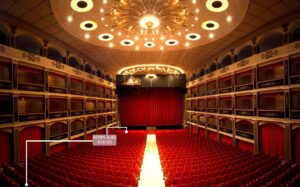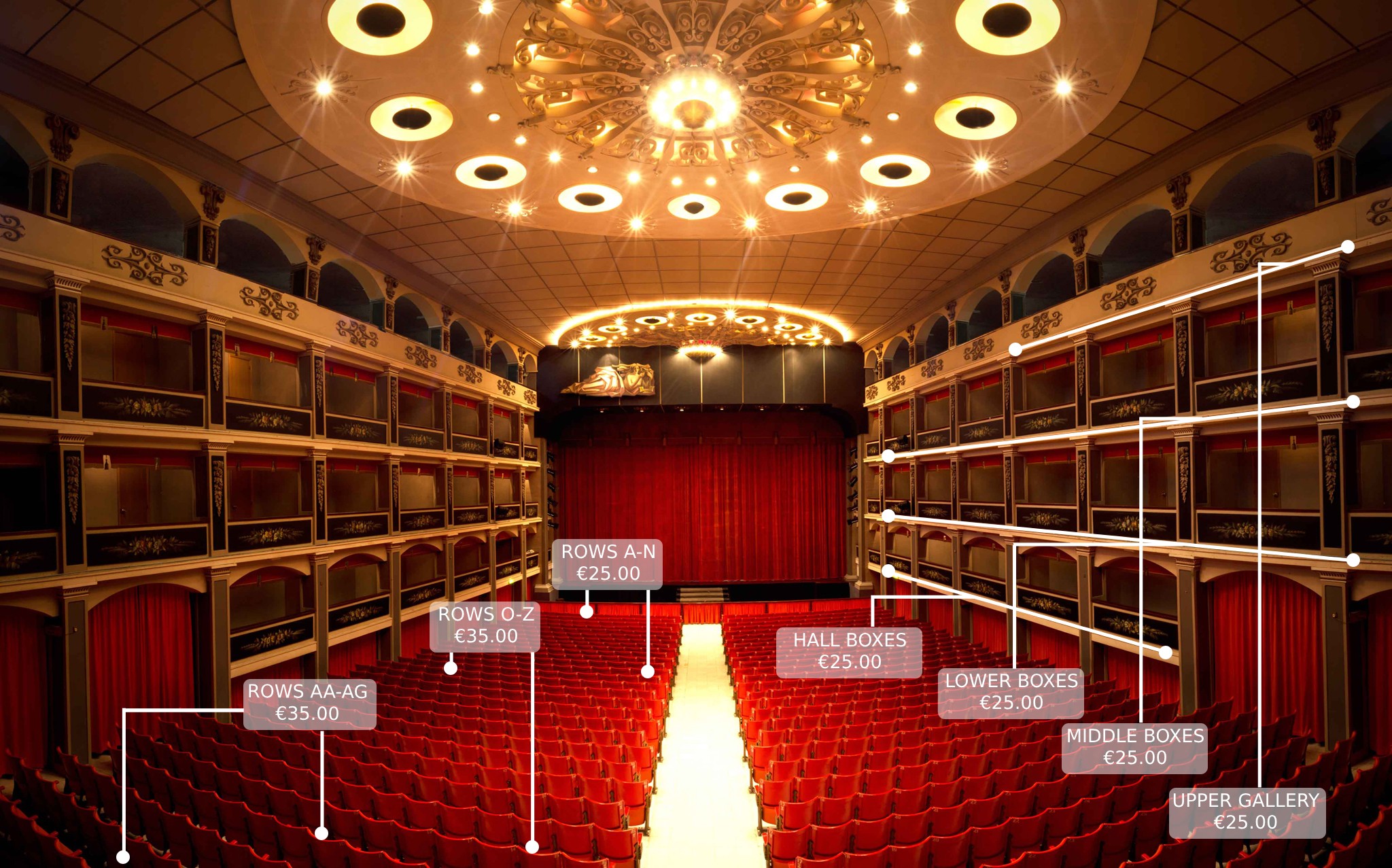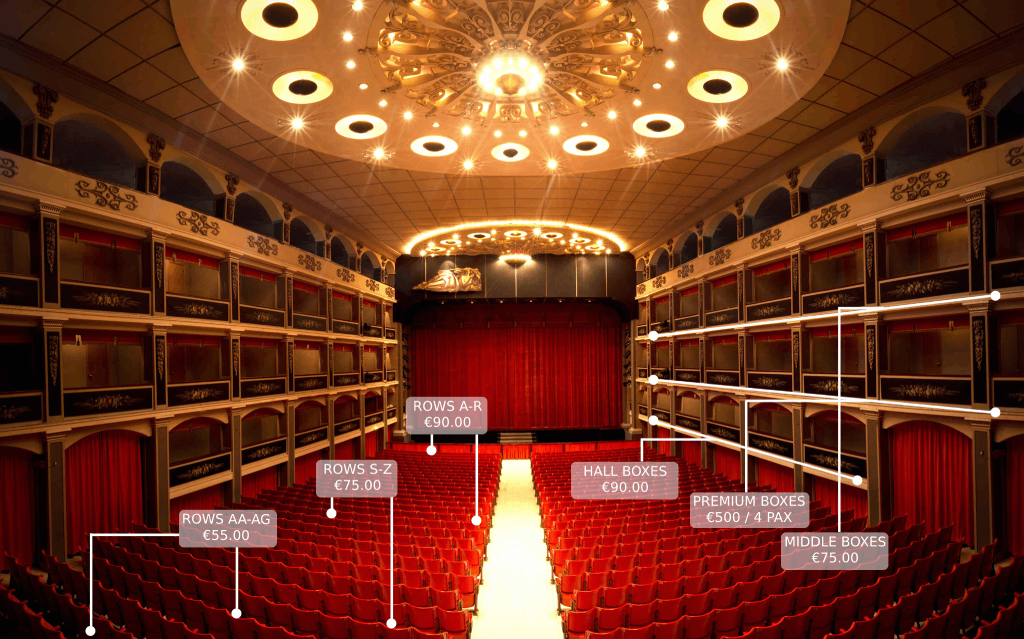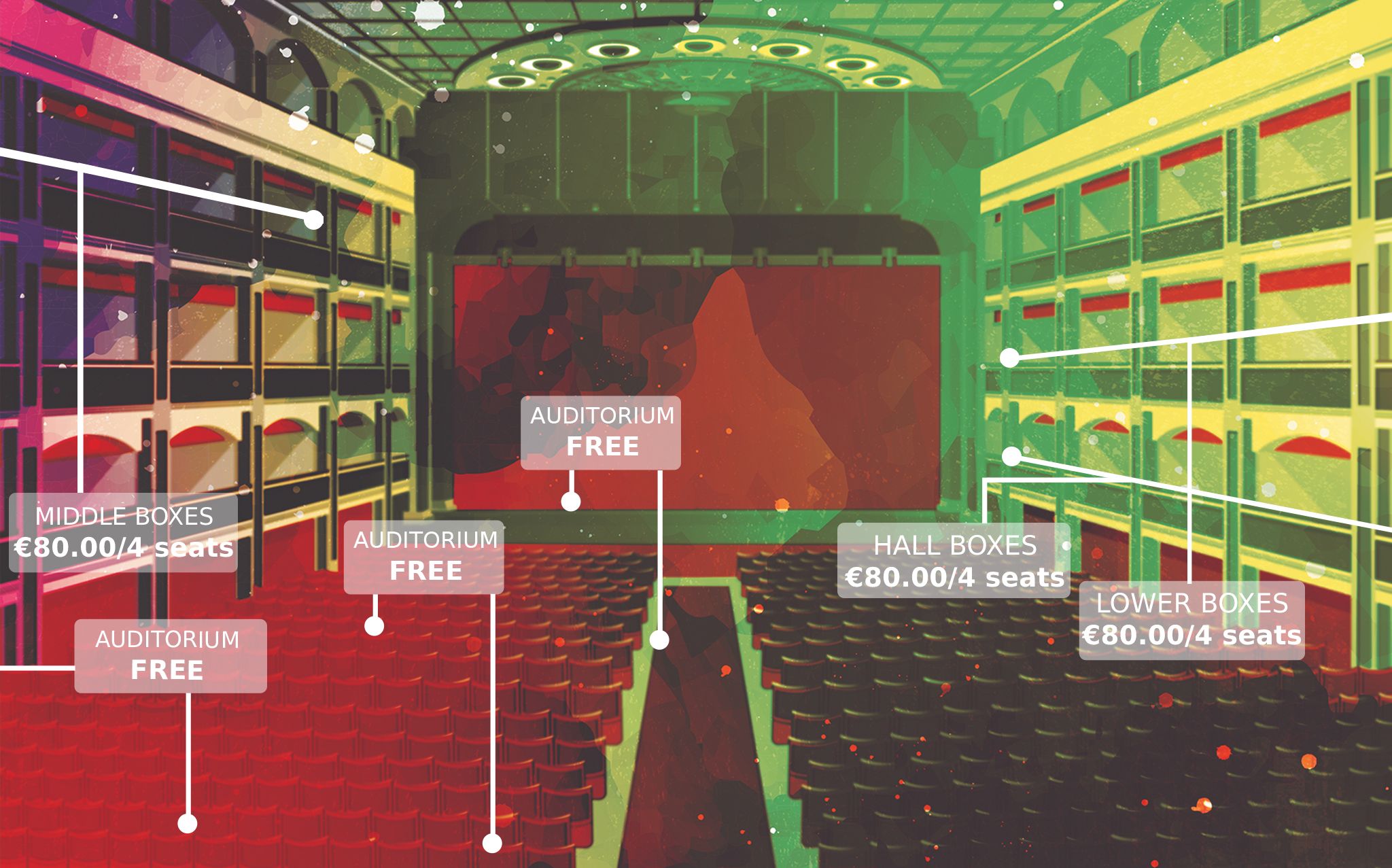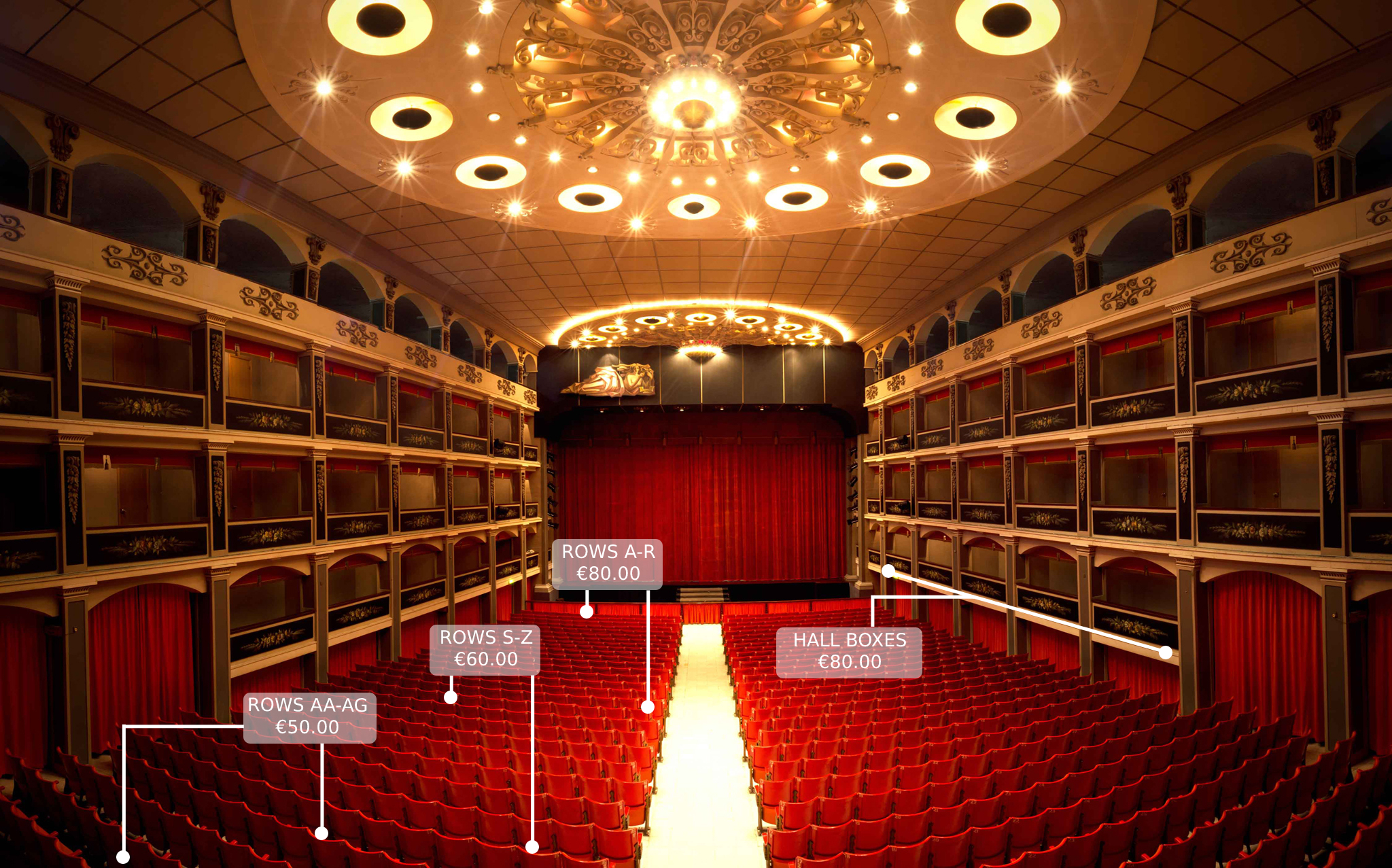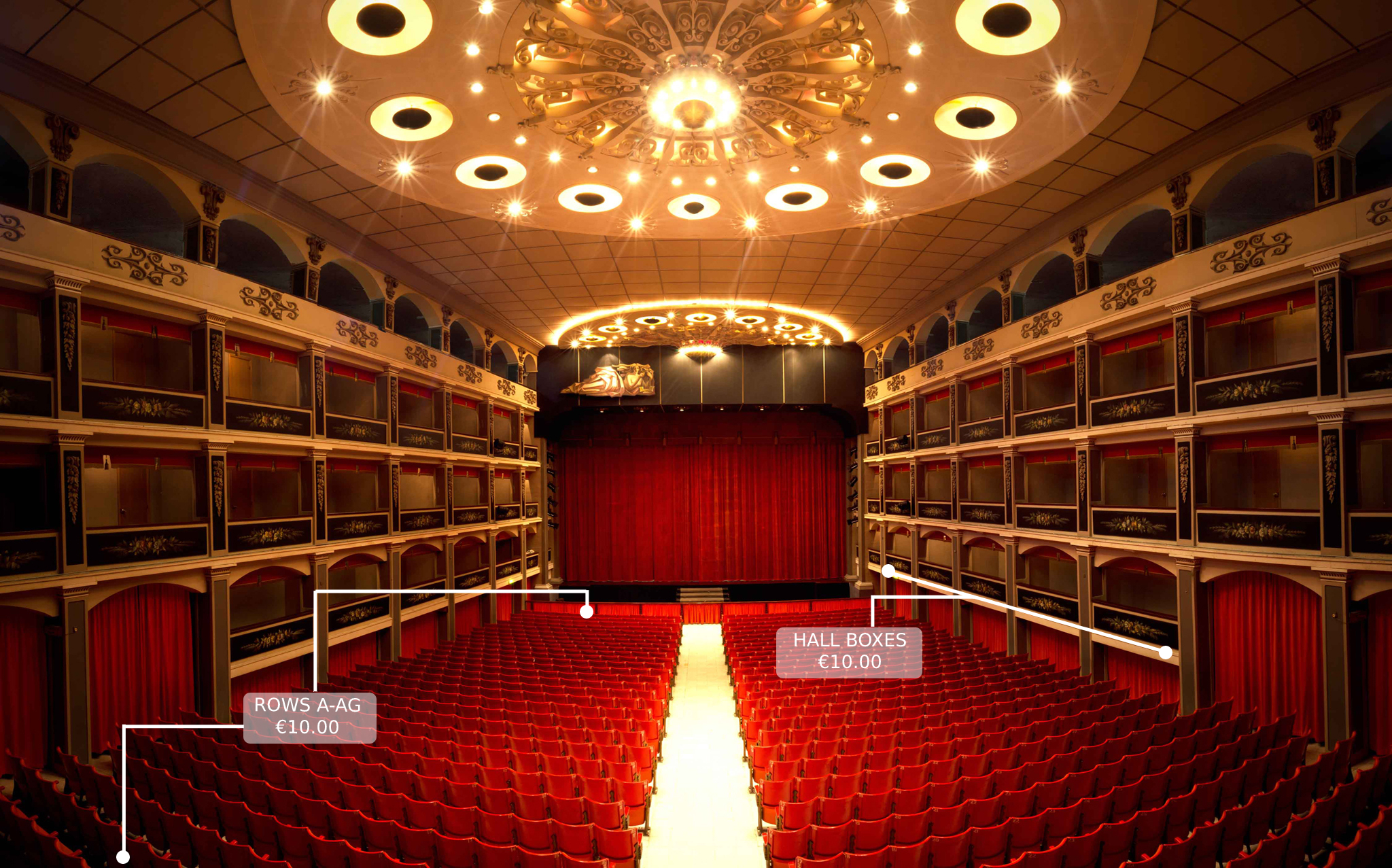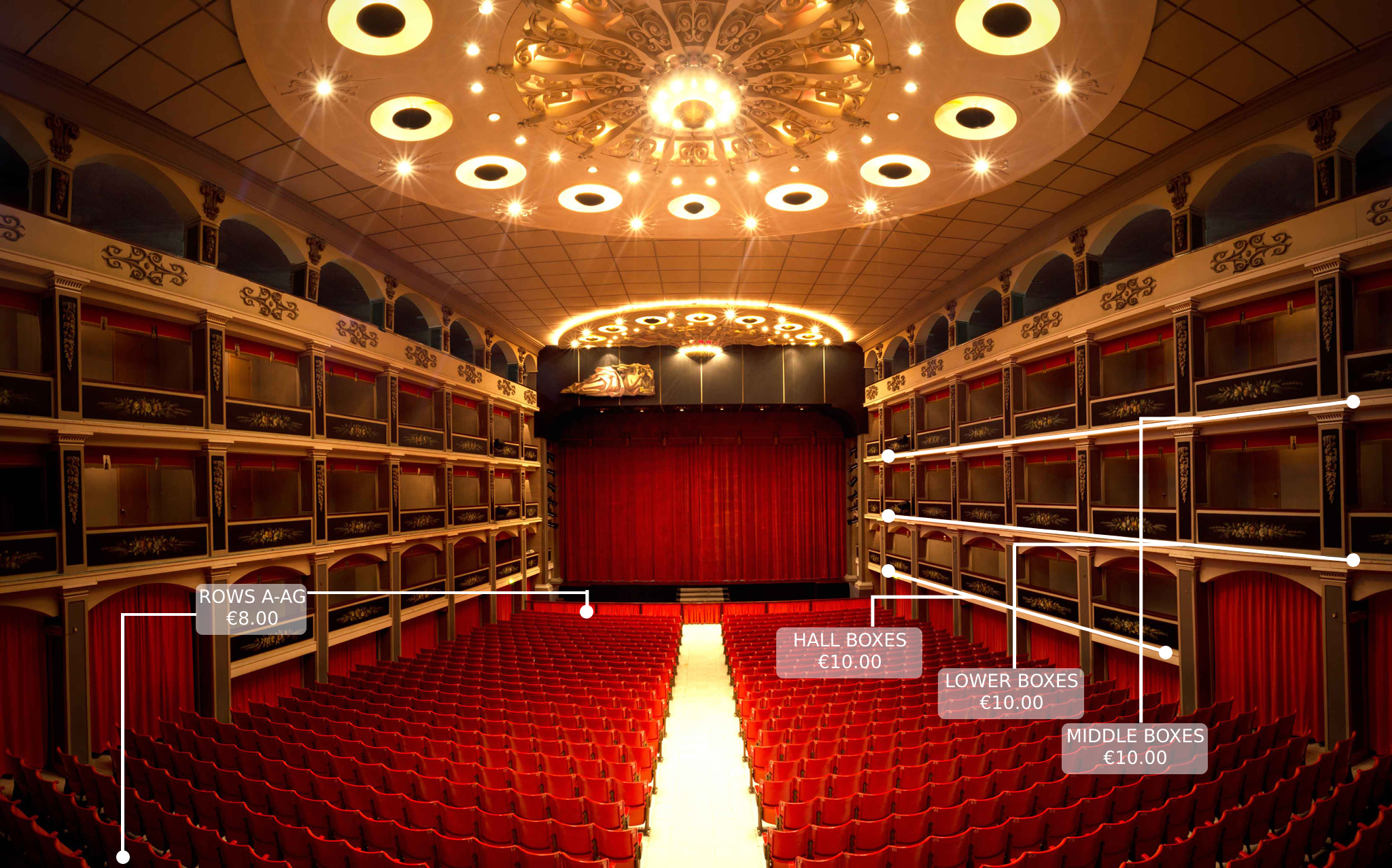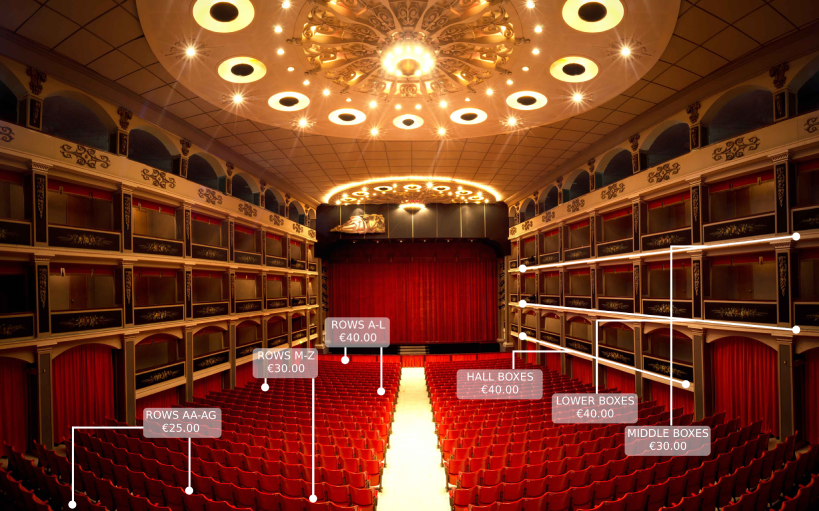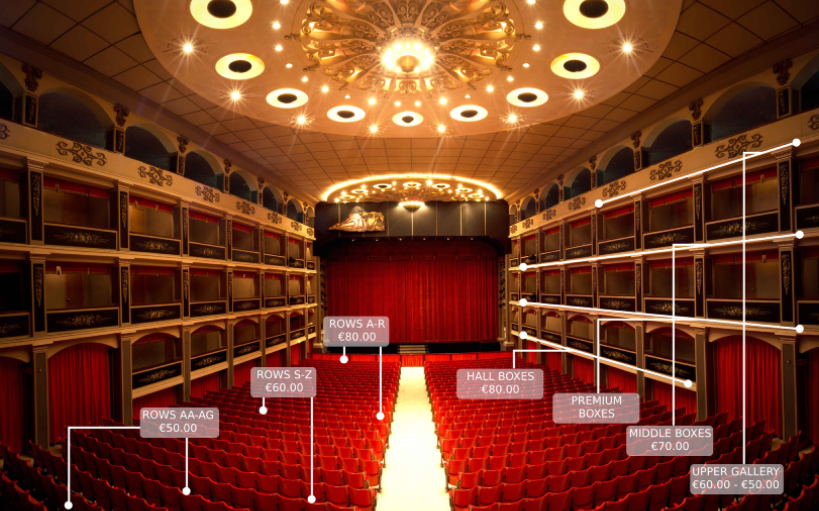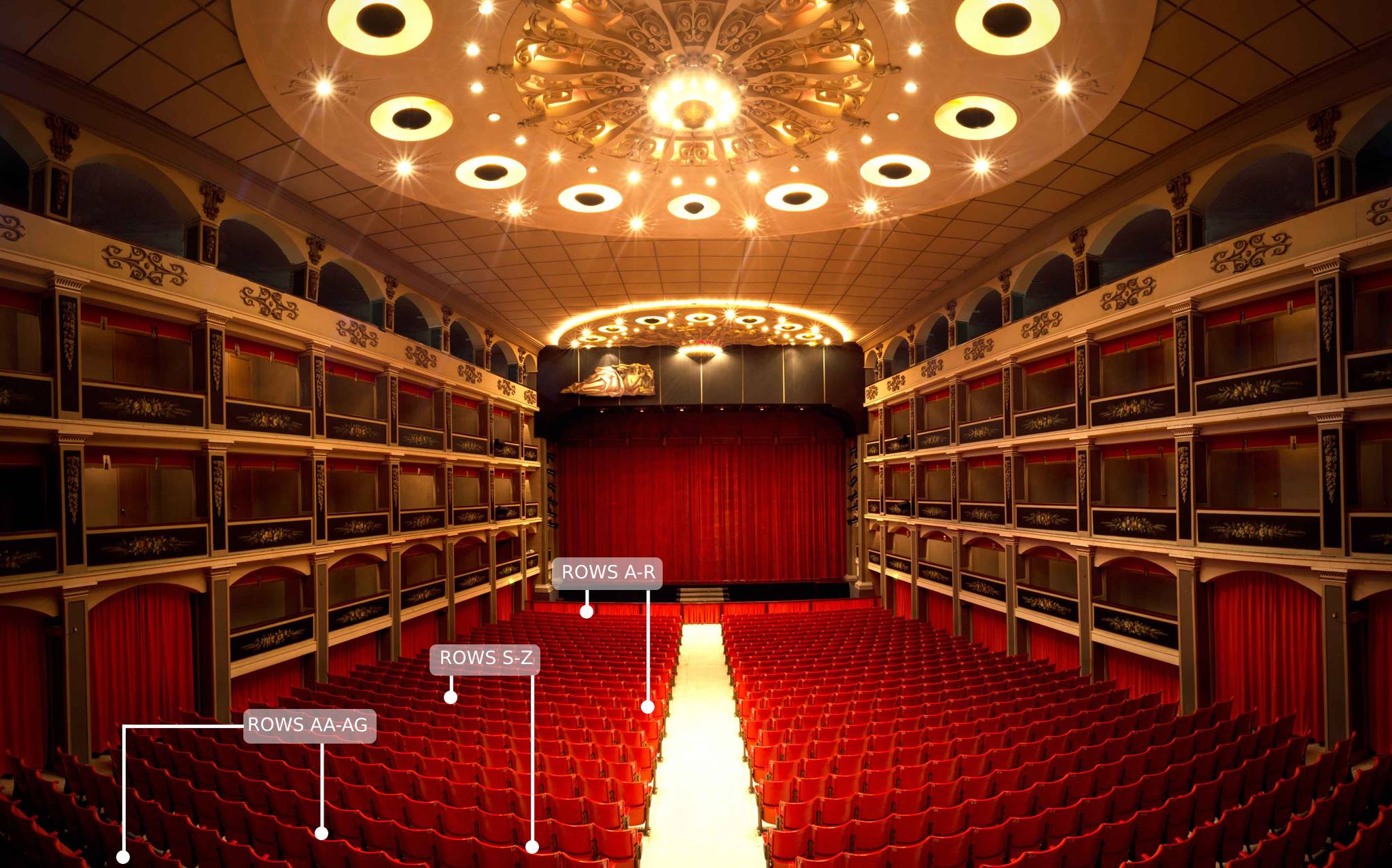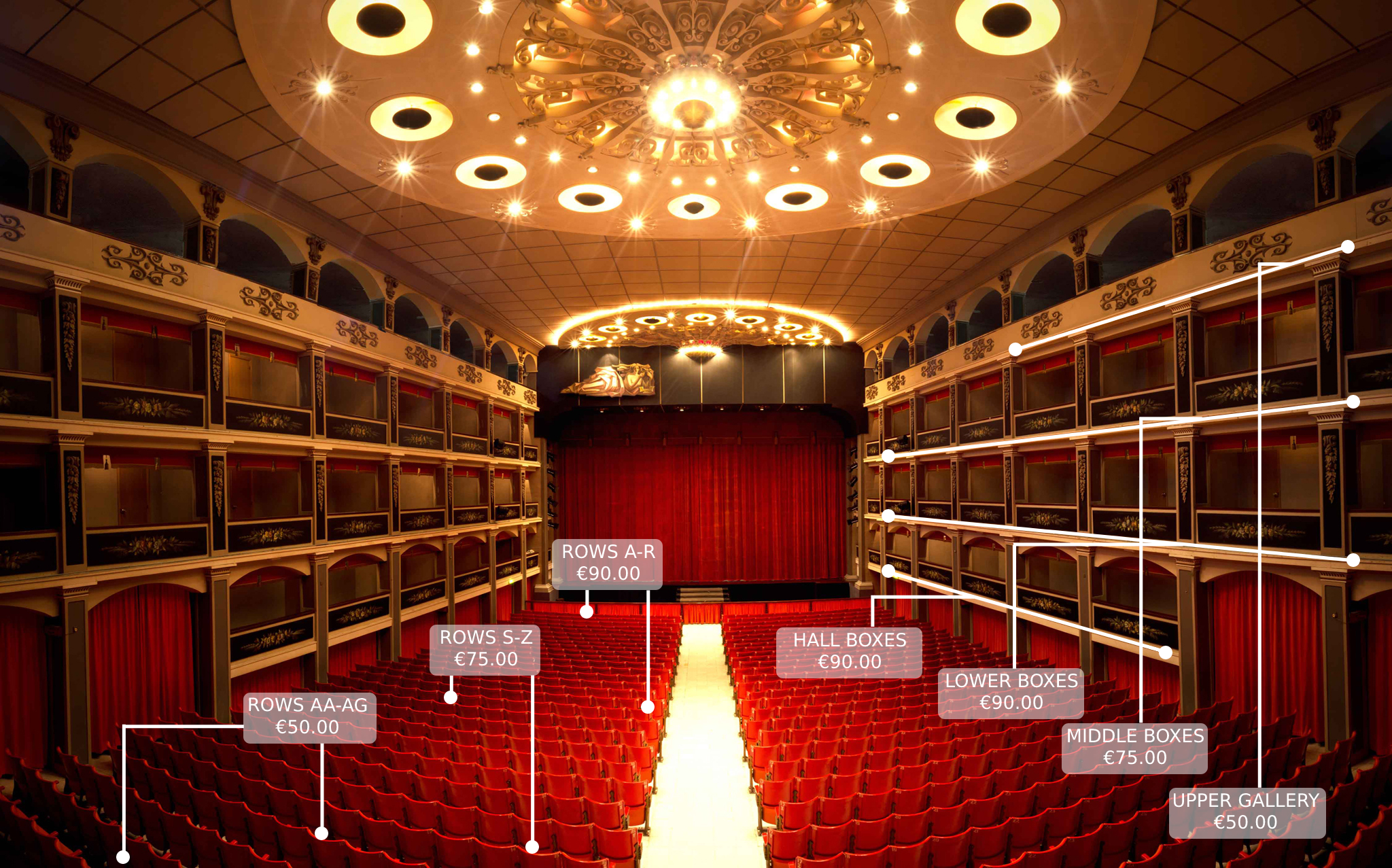The Works
& the men behind them
FROM THE NEW WORLD: A SYMPHONIC OPENING - 5 MARCH 2022
Antonín Dvořák
Antonín Dvořák (1841-1904) was one of the first Czech composers to achieve worldwide recognition. Dvořák frequently employed rhythms and other aspects of the folk music of Moravia and his native Bohemia, following the Romantic-era nationalist example of his predecessor Bedřich Smetana. Dvořák’s style has been described as “the fullest recreation of a national idiom with that of the symphonic tradition, absorbing folk influences and finding effective ways of using them”.
Dvořák displayed his musical gifts at an early age, being an apt violin student from age six. The first public performances of his works were in Prague in 1872 and 1873. Dvořák’s first piece of a religious nature, his Stabat Mater, was premiered in Prague in 1880 and very successfully performed in London in 1883, leading to many other performances in the U.K. and U.S. In 1891 Dvořák was appointed as a professor at the Prague Conservatory before moving to the U.S. a year later. There, he became director of the National Conservatory of Music in New York. In the U.S. Dvořák wrote his two most successful orchestral works: the Symphony From the New World, which spread his reputation worldwide, and his Cello Concerto, one of the most highly regarded of all cello concerti.
Symphony No. 9
in E minor
The Symphony No. 9 in E minor, “From the New World”, Op. 95, B. 178, popularly known as the New World Symphony, was composed in 1893 while Dvořák was the director of the National Conservatory of Music of America. The symphony was commissioned by the New York Philharmonic, and premiered on 16 December 1893, at Carnegie Hall conducted by Anton Seidl. A day earlier, in an article published in the New York Herald on 15 December 1893, Dvořák further explained how Native American music influenced his symphony: “I have not actually used any of the [Native American] melodies. I have simply written original themes embodying the peculiarities of the Indian music, and, using these themes as subjects, have developed them with all the resources of modern rhythms, counterpoint, and orchestral colour.”
Dvořák was interested in Native American music and the African-American spirituals he heard in North America. While director of the National Conservatory he encountered an African-American student, Harry T. Burleigh, who sang traditional spirituals to him. Burleigh, later a composer himself, said that Dvořák had absorbed their “spirit” before writing his own melodies. Dvořák stated: “I am convinced that the future music of this country must be founded on what are called Negro melodies. These can be the foundation of a serious and original school of composition, to be developed in the United States. These beautiful and varied themes are the product of the soil. They are the folk songs of America and your composers must turn to them.”
Neil Armstrong took a tape recording of the New World Symphony along during the Apollo 11 mission, the first Moon landing, in 1969.
Colin Attard
Colin Attard, “is a familiar figure on the local music scene. His energy is as boundless and dynamic as his hair, and I know few local musicians who are as energetic as he is” (Albert Storace, The Sunday Times of Malta, 03/03/2014).
Born in 1962 in a highly musical family from Victoria, Gozo, inevitably, Attard grew up in a rather musical environment. He advanced musical studies under the tuition of his late uncle, Prof. Joseph Vella. Indeed, his artistic development and creative impulse were very much moulded within the parameters of his native Gozo – with a necessary corollary being versatility and pragmatism. In turn, he has been a key player in the development and promotion of Gozitan culture, crucially contributing to the revitalisation of its concert activity ever since becoming musically very active in the early 1980’s.
In 1990 he officially founded the Gaulitanus Choir, Gozo’s first unaffiliated choir, which since has gradually evolved into a highly important musical institution active locally and abroad, more so after it started organizing Gaulitana: A Festival of Music, which Attard artistically directs. In 1990 Colin also first became associated with the Teatru tal-Opra Aurora and its parent organisation, the Leone Philharmonic Society, being appointed resident conductor in 1991. Aware of the constant need to keep up with change, he has been at the front in drifting away from the ubiquitous, tried and tested music, thus presenting contemporary, challenging and rather ‘unfamiliar’ classics as well as more trendy, popular music.
Yet, Attard is perhaps more widely known as a pivotal personality in Gozitan operatic productions – initially for the Aurora and more recently also for Gaulitana: A Festival of Music. In these productions, he is not just the man behind the baton but also extensively involved in its organization, besides doubling as choir master. Colin Attard remains a very proud Gozitan in heart, giving his all to further develop Gozo’s high-quality cultural programme and to enhance Gozo’s image as “an island of culture”.
Overture for a Centenary
Victoria, also known among the native Maltese as Rabat (which is the name of the old town centre) or by its title Città Victoria, is the capital city of the island region of Gozo. With a little over 7,000 people, it is the largest locality on the island. The area around the town, situated on a hill near the centre of the island, has been settled since Neolithic times.
Victoria is the name given on 10 June 1887 by the British government on the occasion of Queen Victoria’s Golden Jubilee, at the request of Mgr Pietro Pace, Bishop of Gozo. However, it remains ir-Rabat in the vernacular.
This overture, was composed by a 24 year-old Colin Attard, to commemorate the first centenary anniversary of this event. In fact, it carries the signature date of 10th June 1987.
Malta Philharmonic Orchestra
The Malta Philharmonic Orchestra is recognized as Malta’s foremost musical institution. The orchestra was founded in April 1968, when musicians from the defunct “Commander-in-Chief” (C-in-C) orchestra of the Malta-based British Mediterranean Fleet regrouped as the Manoel Theatre Orchestra. It continued to serve as the theatre’s resident orchestra until September 1997, when it became an independent orchestra, taking up the name National Orchestra of Malta. The orchestra became the MPO in 2008 when it expanded into a full-size symphony orchestra, bringing together the best of Maltese talent and musicians from Europe and beyond.
Joseph Sammut, the C-in-C’s last conductor, was the orchestra’s first conductor, remaining at the helm until 1992. Since then, the orchestra has also been under the direction of Joseph Vella, John Galea, Michael Laus, and Brian Schembri. In 2019, the MPO has appointed Sergey Smbatyan as Principal Conductor, joining Resident Conductor Michael Laus as part of the orchestra’s Artistic Team. The MPO also works with local and international guest conductors and soloists including Lawrence Renes, Michalis Economou, Guy Braunstein, Alexei Volodin, Camilla Tilling, Joseph Calleja, and Enrico Dindo.
As Malta’s leading musical ensemble, the MPO averages more than one performance a week including symphonic concerts, opera productions in Malta and Gozo, community outreach and educational initiatives, as well as various concerts of a lighter nature. The orchestra has performed in leading venues across the globe, including in the United States, Russia, Germany, Austria, China, Italy, and Belgium, and presently embarks on at least one international tour each concert season.
The MPO is a keen exponent of Maltese composers, regularly performing their works in Malta and overseas, as well as frequently premiering and commissioning new compositions.
Composition
Key: E minor
Movements: 4
Catalogue: Op. 95, B. 178
Composed: 1893
World Premiere
16 December 1893
Carnegie Hall, New York City
c. Anton Seidl
o. New York Philharmonic
This Performance
5 March 2022
Teatru tal-Opra Aurora
c. Colin Attard
o. Malta Philharmonic Orchestra
a Gaulitana: A Festival of Music production


